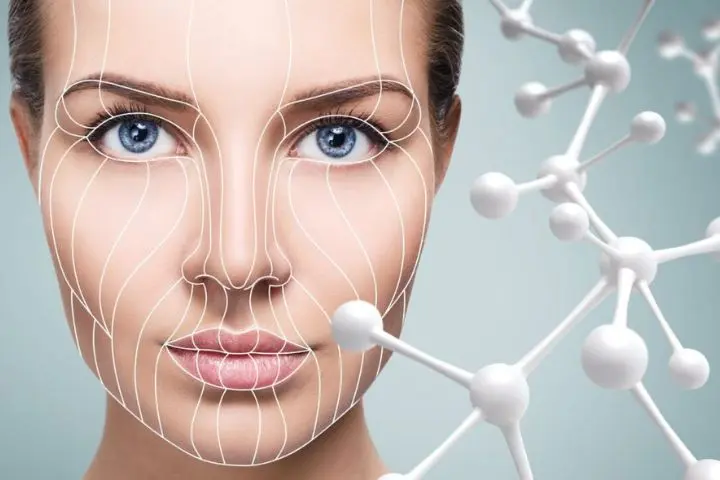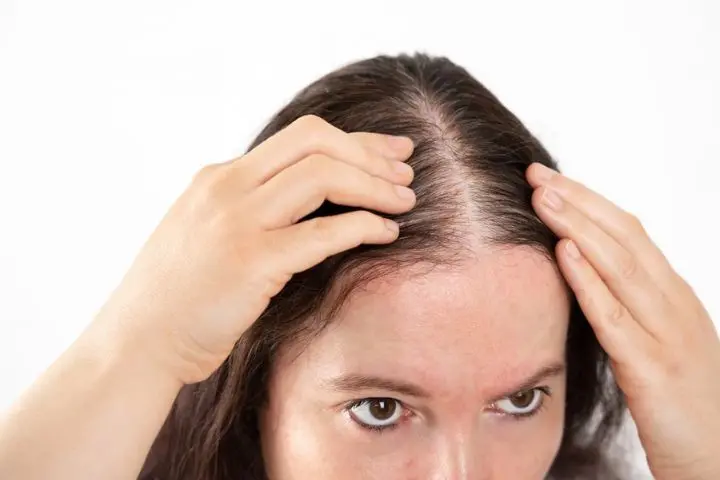The skin microbiome, a diverse community of bacteria, fungi, and other microorganisms residing on our skin, plays a crucial role in maintaining skin health. Similar to the gut microbiome, these microbes help protect the skin against harmful pathogens and regulate immune responses. However, imbalances in the skin microbiome have been linked to various skin conditions, such as acne, eczema, and psoriasis.
Moreover, researchers are uncovering how the skin microbiome influences broader health concerns. While much is still unknown, understanding the skin microbiome offers promising insights into managing skin diseases and promoting overall well-being. Furthermore, lifestyle factors like diet and skincare choices can impact the delicate balance of this microbial ecosystem, making it essential to consider how we interact with our skin.
1. What Is the Skin Microbiome?
The skin microbiome refers to the community of microorganisms living in and on our skin, including bacteria, fungi, viruses, and mites. These have a significant role in offering defense against harmful pathogens. Based on the emerging research on the skin microbiome, the diversity and balance of the ecosystem are said to be critical for maintaining healthy skin. It has, however been identified that many skin problems such as acne, eczema, and rosacea can result due to an unbalanced existence of the microbiome.
2. Benefits of a Healthy Skin Microbiome
A good skin microbiome maintains the immune system of the skin, thus giving the body a chance at lesser infection rates. Additionally, it ensures not to cause the overgrowth of harmful bacteria or fungi, which could ultimately result in inflammation, which may also be chronic. Another research shows that a balanced skin microbiome is vital for keeping the immune system functioning correctly, as this balance helps identify and halt disease-causing pathogens. But an imbalance might lead to a whole range of inflammatory diseases, ranging from eczema to acne, conditions.
3. How Skin Microbiome Affects Acne
Acne usually features an overgrowth of *Cutibacterium acnes*, a type of bacteria that normally resides on human skin. While the main cause of this condition is an excess of oil produced by the sebaceous glands, the overpopulation of pathogenic bacteria triggers acne. Studies have recently indicated that the imbalance of the skin microbiome also promotes *C. acnes* and other species known to cause acne by causing inflammation and the formation of pustules. Hormonal swings might further be assisted by a compromised skin microbiome.
4. The Skin-Gut Microbiome Interface
Although the skin and gut microbiomes are unique entities, they may interact with each other in ways that influence one another. In relation to this connection, a gut microbiome study suggests indirect influence on the skin, especially inflammatory skin conditions like eczema and psoriasis. Moreover, oral probiotics given to improve the gut bacteria reportedly diminished symptoms from certain diseases of the skin. But there is still more to learn about the intricate gut-skin axis and just how much dietary modifications might affect the skin.
5. What Disrupts the Skin Microbiome?
Environmental factors, poor diet, and harsh beauty products are all sources of disruption of the skin’s microbiome. For instance, using anti-germs or abrasive cleansers can damage the skin’s protective barrier to leave it open to bacterial invasion. Overuse of oral antibiotics can kill beneficial bacteria, and the microbiome will shift, which may lead to the development of antibiotic-resistant strains. While antibiotics are necessary in the management of infections, they should be used judiciously so as not to cause harm to the skin microbiome.
6. How to Protect and Maintain a Healthy Skin Microbiome
Thus, the keeping of an appropriate balance of skin microbiome calls for the use of mild formulations that do not remove the natural oils from the skin. In addition, the use of harsh exfoliants and antimicrobial products, unless such products are used strictly for hygiene reasons, can be avoided to maintain the cutaneous microbiome. While selecting skincare products, one must consider those that allow the skin to rejuvenate its own barrier function without upsetting its sensitive bio ecosystem. While probiotic skincare products are gaining popularity, experts caution against relying on them too heavily until more is known about their true benefits.
In conclusion, the skin microbiome, composed of various microbes, plays a crucial role in maintaining skin health and preventing conditions like acne, eczema, and psoriasis. While research is still evolving, it is clear that a balanced and diverse microbiome can help regulate inflammation and protect against harmful bacteria.
Moreover, external factors such as environmental influences and certain beauty products can disrupt this delicate balance, leading to skin issues. However, maintaining a healthy microbiome may not require drastic changes; gentle skincare and mindful use of antibiotics are essential. Furthermore, at-home microbiome tests, although popular, are still limited in their effectiveness. During this time of ongoing research, it is important to approach microbiome-related products with caution, as we continue to uncover the full potential of this fascinating area of health.



